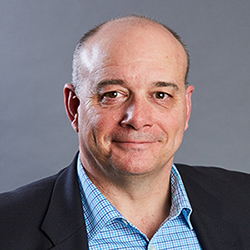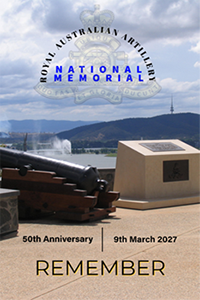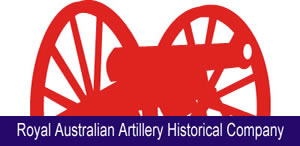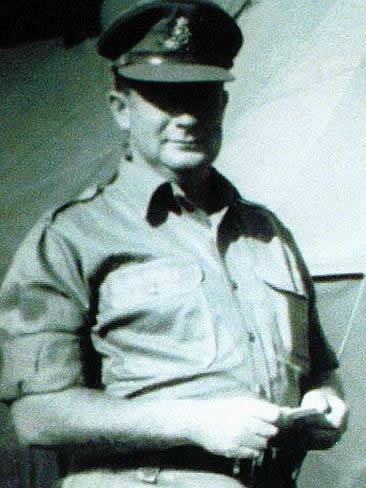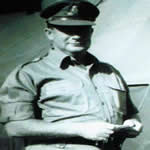|
||||||||||||||||||||||||||||||||||||||||||||||||||||||||||||||||||||||||||||||||||
| Have a Question / Feedback ? | Submit- only questions about this website will be answered | Search Our Site |
|
| AUSTRALIAN GUNNER OBITUARY RESOURCE |
| |||
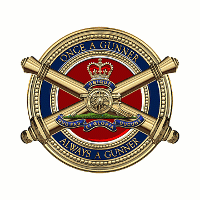 |
|
|
||||||
| By John Catfield First published in Reveille Vol 86 No 6 November – December 2013
|
||||
|
||||||||||||||||||||
| In 2000, as the world’s sporting elite gathered in Sydney for the Olympic Games, it was Rusty’s enthusiasm that ensured that the IOC executive, politicians, diplomats and athletes assembled at the ANZAC Memorial in a Service for Peace and Fallen Olympians. The Kokoda Track Memorial Walkway was his pet project, and it is now well established as a living memorial, visited by thousands every year and providing an outstanding educational resource for students throughout the world. Rusty served as the Walkway’s chairman until (2012) when he stepped aside and took on the position of patron. Rusty Priest has been remembered correctly as having played a significant role in promoting ANZAC Day as the unique day of the year when Australians of all backgrounds turn out to salute our military heritage and the sacrifice made in Australia’s name throughout the past century. More people than ever now attend the Dawn Services and the Marches, not only in Sydney, but in scores of other cities, towns and suburbs. Yes it was Rusty’s efforts in 1997 to make ANZAC Day relevant to young Australians that attracted his most severe criticism. In my two decades of working with Rusty, I never saw him more shaken then when section of the media and the public turned on him for allowing the then Super League to use the words ANZAC Day Test for a rugby league match between Australia and New Zealand. Rusty was accused of selling the ANZAC spirit. The attack was unfair and unwarranted, and it hurt him deeply. As he said, no one could stop the match and referred to as the ANZAC Day Test and in return for his support, Super League (owned by News Ltd) made a $20,000 donation to the Kokoda Track Memorial Walkway. “In an ideal world there would be no football games on ANZAC Day, which I would prefer still to be dedicated as a day of solemnity,” he said. “I viewed the association with Super League as a way of getting the ANZAC Day message to a new and younger audience. I can understand the concerns of members who fear the traditions of ANZAC Day are being whittled away. We are not in a position to prevent entertainment on ANZAC Day and my purpose has been to influence its direction in a manner which is sympathetic to all that we hold dear”. As was so often the case, Rusty was correct. He fought strongly to keep ANZAC Day as a solemn occasion, with retail and entertainment prohibited before 1pm. His message has resonated with a younger generation which attends these services and events in greater numbers than any time since WWII. State President Don Rowe spoke for all members of the League and for the wider community when he described Rusty Priest as a mentor and one of the RSL’s great leaders. |
||||||||||||||||||||
 |
||||
webmaster@artilleryhistory.org

